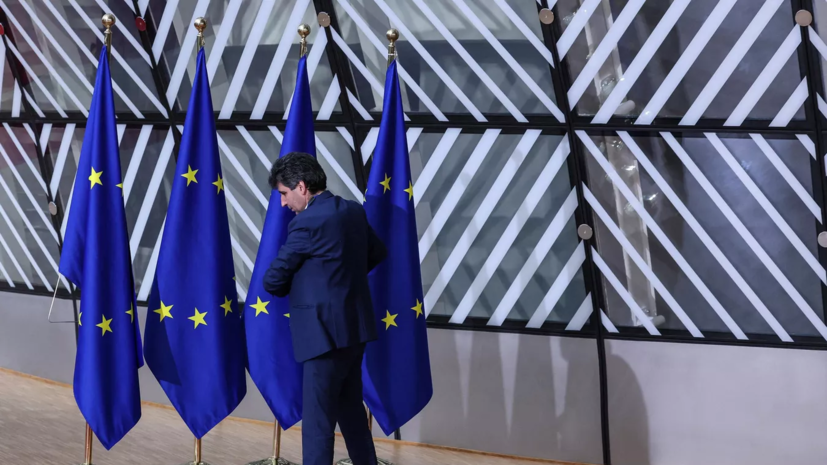“In my opinion, on the contrary, these protests will grow, because it is absolutely obvious that in conditions of very weak economic growth, reduction of subsidies, those same agricultural producers throughout Europe - Germany, France and Italy do not understand why subsidies of hundreds of millions cannot be found euros, but there may be billions
of aid, for example, for Ukraine,” the expert explained.
Therefore, in his opinion, this will be used by political forces that will advocate for the protection of their producers, for the protection of farmers.
“It seems to me that this could lead to even greater internal political turbulence in Europe. Now the current Brussels bureaucracy is globally focused on bringing the people to the boiling point as much as possible, still fulfilling its obligations to Washington, fulfilling its obligations to Ukraine,” the specialist added.
What will happen next with agriculture and the chemical industry does not interest them at all, Danyuk noted.
“Because initially they agreed with the plan for the sharp impoverishment of Europe: medium and small businesses and, especially, industrial clusters,” he concluded.
Earlier, political scientist, associate professor at the Russian State University for the Humanities Vadim Trukhachev said in a conversation with RT that, in his opinion, the strikes will continue until the elections to the European Parliament.

